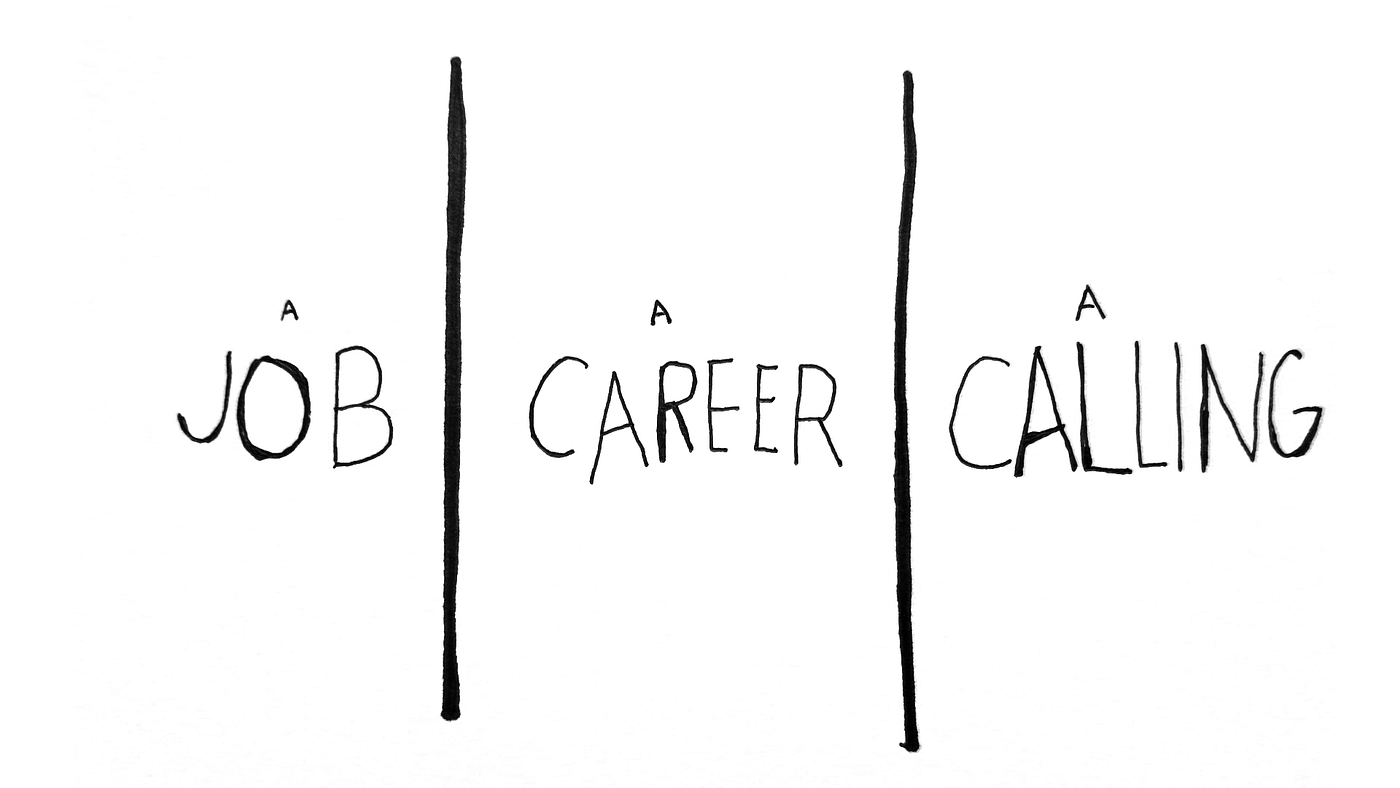Everyone's path is there own,
but we all do face an alarmingly similar kind of internal mountain to climb
the more awake we are.
And the decisions we make again and again, every day, are a part of who we are.
It is a long read, but worth it...
The Crossroads of Should and Must
This is a story about two roads — Should and Must. It’s a pep talk for anyone who’s chosen Should for far too long — months, years, maybe a lifetime — and feels like it’s about time they gave Must a shot
There are two paths in life: Should and Must. We arrive at this crossroads over and over again. And each time, we get to choose.
Over the past year I’ve chosen Must again and again. And it was petrifying. And at times it was dark. But I would never, ever, trade this past year for anything. This essay is my three biggest takeaways from the experience. It’s for anyone who is thinking of making the jump from Should to Must. Anyone looking to follow the energy deep within their chest but aren’t quite sure how.
Should is how others want us to show up in the world — how we’re supposed to think, what we ought to say, what we should or shouldn’t do. It’s the vast array of expectations that others layer upon us. When we choose Should the journey is smooth, the risk is small.
Must is different—there aren’t options and we don’t have a choice.
Must is who we are, what we believe, and what we do when we are alone with our truest, most authentic self. It’s our instincts, our cravings and longings, the things and places and ideas we burn for, the intuition that swells up from somewhere deep inside of us. Must is what happens when we stop conforming to other people’s ideals and start connecting to our own. Because when we choose Must, we are no longer looking for inspiration out there. Instead, we are listening to our calling from within, from some luminous, mysterious place.

Must is why Van Gogh painted his entire life without ever receiving public recognition. Must is why Mozart performed Don Giovani and Coltrane played his new sound, even as the critics called it ugly. Must is why that lawyer in his thirties spent three years writing his first novel only to be rejected by three dozen publishers. He honored his calling, eventually received a “yes,” and that is why John Grisham is a household name today. Must isn’t exclusively for writers and painters and composers, though. Must is why, in the early days, Airbnb sold boxes of cereal to make ends meet because no one would give them money and every conceivable metric said they should quit.

While working at Mailbox, I came across Stefan Sagmeister’s TED talk about jobs, careers, and callings.

He spoke about their differences, and I began to wonder which one I had. At the same time, I was also reading a biography about Picasso.

In it, Arianna Huffington describes the joy she felt learning about how Picasso chose to live his life:
The more I discovered about his life and the more I delved into his art, the more the two converged. “It’s not what an artist does that counts, but what he is,” Picasso said. But his art was so thoroughly autobiographical that what he did was what he was.



Picasso’s life blended seamlessly with his work. It was all one huge swirling mix of bullfights and beaches and booze. And we could tell. Because to look at one of Picasso’s canvases is quite literally to look into his soul. And this is exactly what happens when our life, our essence, is one and the same with our work. It’s when job descriptions and titles no longer make sense because we don’t go to work— we are the work.
And this lead me to a big hypothesis. What if…

Click here to continue reading...


0 comments:
Post a Comment